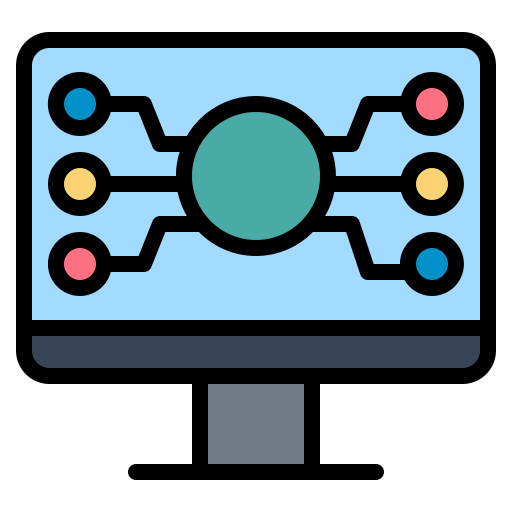Nursing Informatics in Clinical Practice?
Nursing informatics is a field that integrates nursing science, computer science, and information science to manage and communicate data, information, knowledge, and wisdom in nursing practice (American Nurses Association, 2018). In today’s healthcare landscape, where technology plays a crucial role in delivering efficient and effective patient care, nursing informatics plays a pivotal role in driving clinical practice forward. It has become an essential component of the nursing profession, promoting better communication and coordination among healthcare teams, improving patient outcomes, and ultimately enhancing the quality of care.
The Importance of Nursing Informatics in Clinical Practice
Nursing Informatics Improves Patient Safety
One of the significant benefits of nursing informatics in clinical practice is its ability to improve patient safety. With the increasing complexity of healthcare systems, the potential for medical errors has also increased. According to a study by the Institute of Medicine, medical errors contribute to around 98,000 deaths in the United States annually (Kohn, Corrigan, & Donaldson, 2000). Through the use of electronic health records (EHRs), nurses can access accurate and up-to-date patient information, reducing the risk of medication errors, and improving patient safety. EHRs also allow for real-time documentation and tracking of patient care, ensuring timely interventions and reducing adverse events.
Nursing Informatics Increase Efficiency
Another vital role of nursing informatics in clinical practice is its ability to streamline workflow and increase efficiency. With the implementation of technology, nurses can now automate many administrative tasks, such as scheduling appointments, managing patient records, and ordering supplies. This not only frees up time for nurses to focus on patient care but also minimizes the risk of human error, increasing overall efficiency.
Nursing Informatics Enhance Communication
Nursing informatics also enhances communication between healthcare professionals, leading to better care coordination. With the use of electronic communication tools such as secure messaging and telehealth, nurses can easily collaborate with other healthcare team members, such as physicians, pharmacists, and therapists, to provide comprehensive care to patients. This real-time communication also allows for swift decision-making and the timely delivery of interventions, leading to improved patient outcomes.
Nursing Informatics Promote Patient Engagement
In addition to improving overall patient care, Nursing informatics also plays a critical role in promoting patient engagement and empowerment. With the use of patient portals and mobile health applications, patients can access their health information, communicate with their healthcare team, and actively participate in their care. This not only improves patient satisfaction but also promotes self-management and improves health outcomes.
Nursing Informatics Helps in Data Analysis
Furthermore, nursing informatics helps in data analysis and the generation of evidence-based practices. With the use of electronic documentation, nurses can collect, analyze, and evaluate patient data, enabling them to identify trends and patterns in patient care. This data can then be used to develop evidence-based protocols and guidelines that provide best practices for patient care. Additionally, nursing informatics promotes research and quality improvement initiatives by facilitating data collection and analysis, leading to better patient outcomes.
Challenges of Nursing Informatics
Despite its many benefits, nursing informatics also presents several challenges in clinical practice. One such challenge is the resistance to change by healthcare professionals. The implementation of new technology requires adequate training and support, and some healthcare professionals may be resistant to learning new systems, leading to a lack of adoption and utilization. Additionally, the cost of implementing and maintaining technology can also be a barrier for healthcare organizations, particularly smaller ones.
Final Remarks About Nursing Informatics
In conclusion, nursing informatics is a crucial component of clinical practice that promotes patient safety, enhances communication and coordination, improves efficiency, and empowers patients. It plays a critical role in promoting evidence-based practices and quality improvement initiatives, which ultimately contribute to improved patient outcomes. As technology continues to advance, nursing informatics will continue to evolve and play an even more significant role in transforming healthcare delivery. Therefore, it is imperative for nurses to embrace and utilize nursing informatics to its fullest potential to ensure the delivery of high-quality, patient-centered care.









